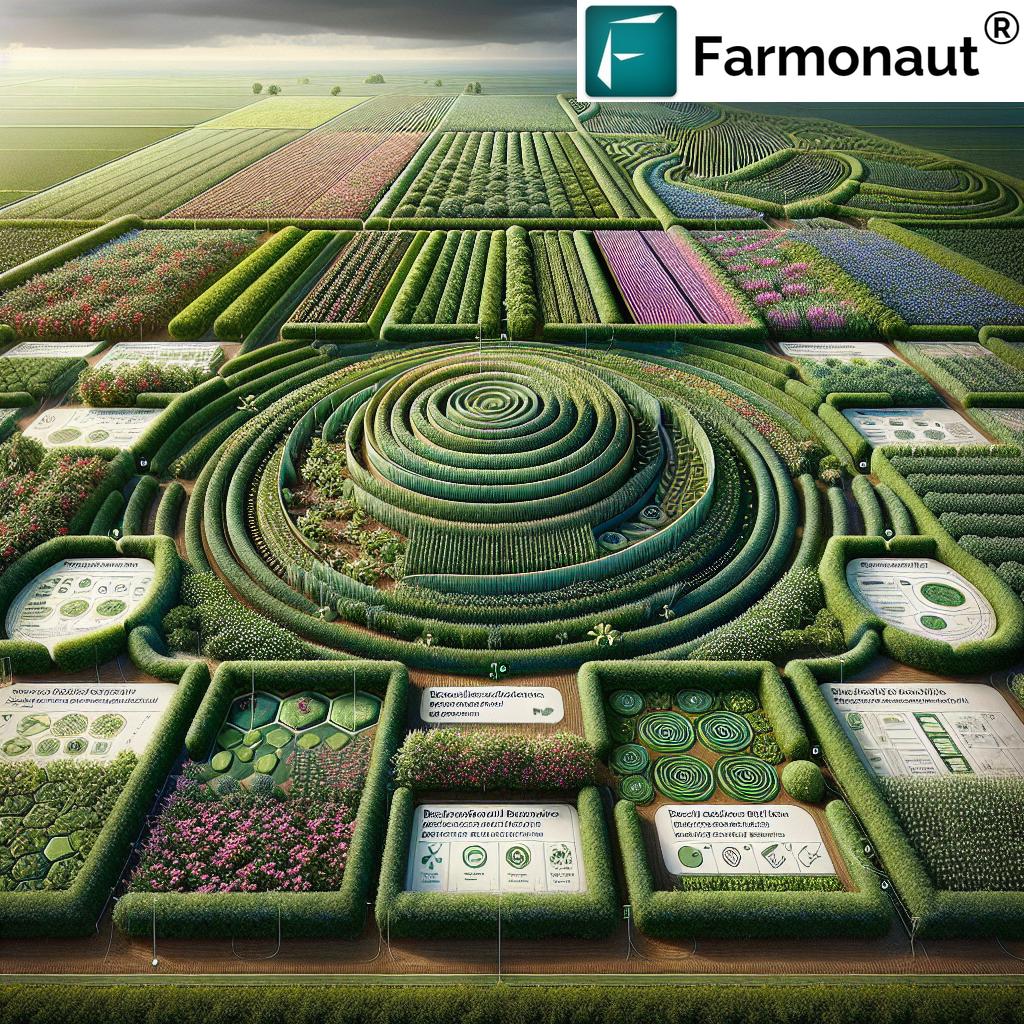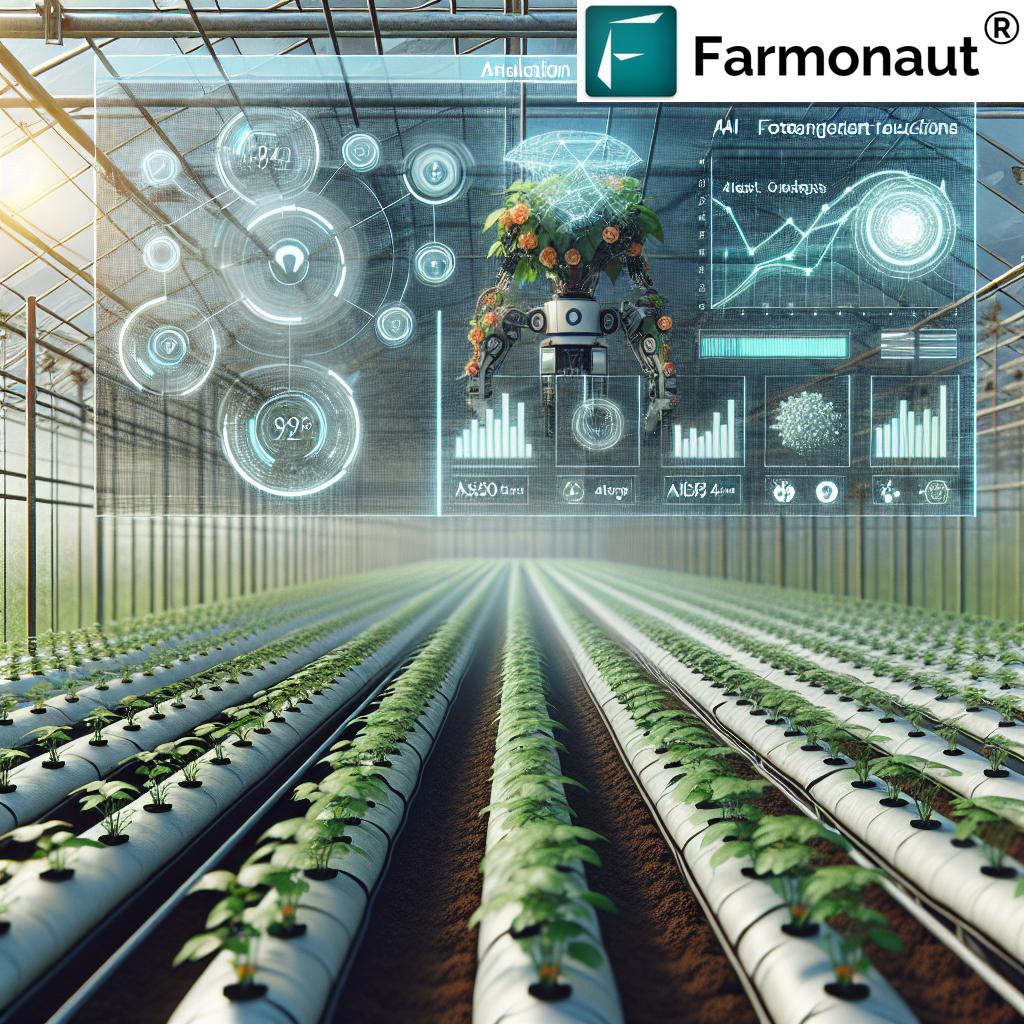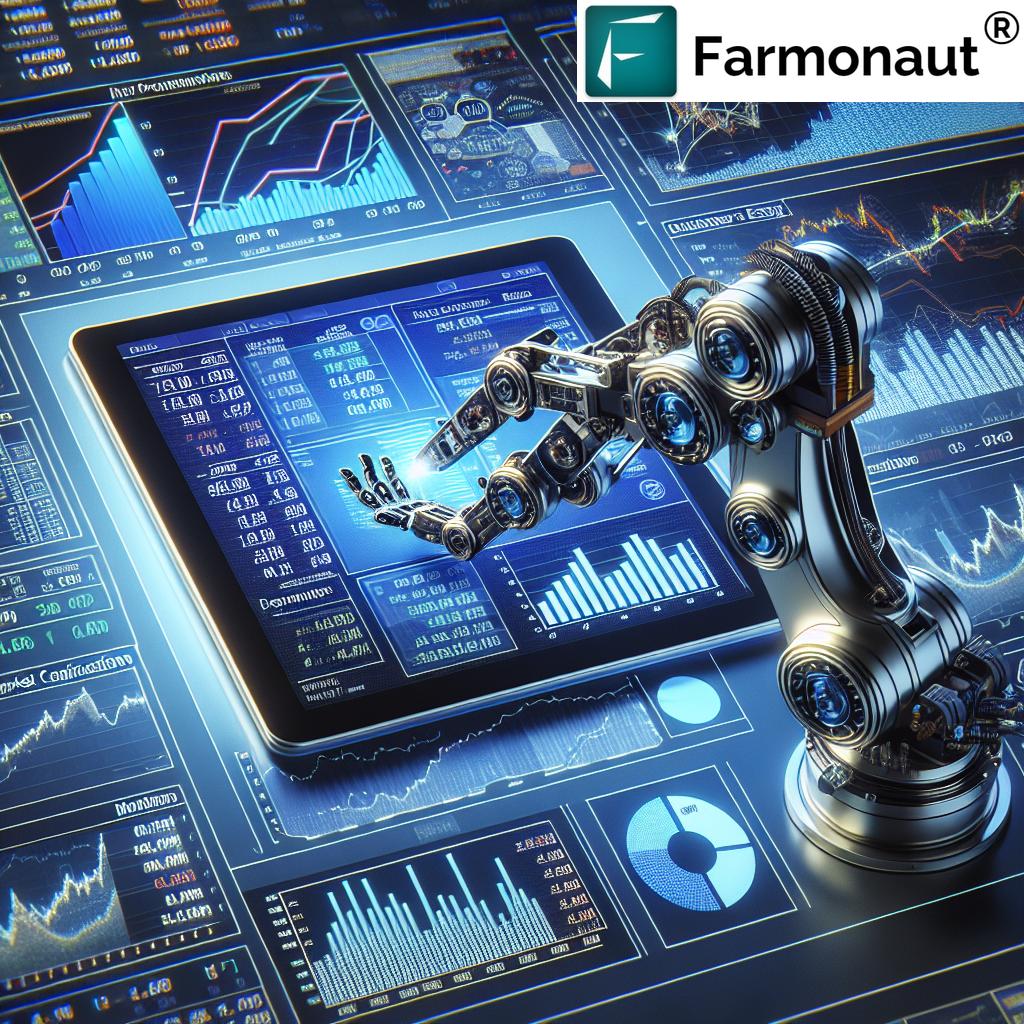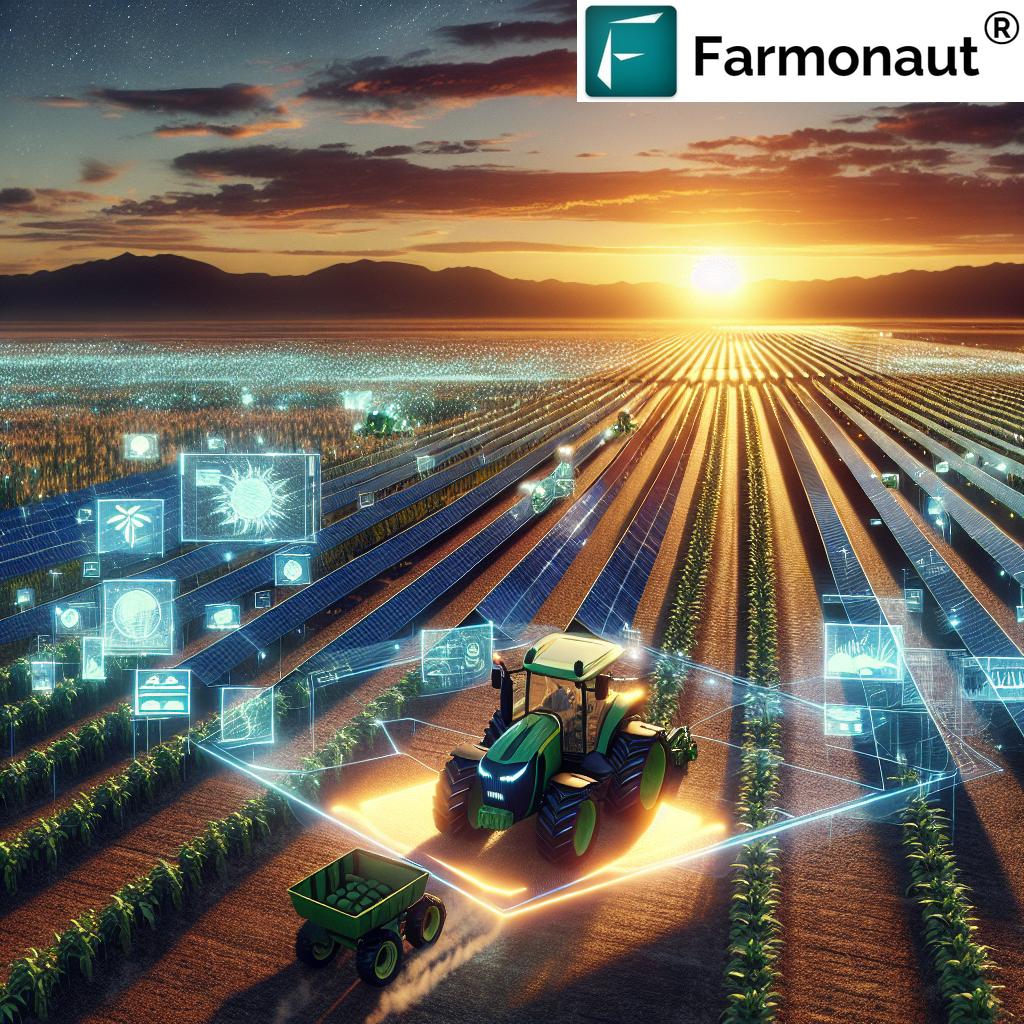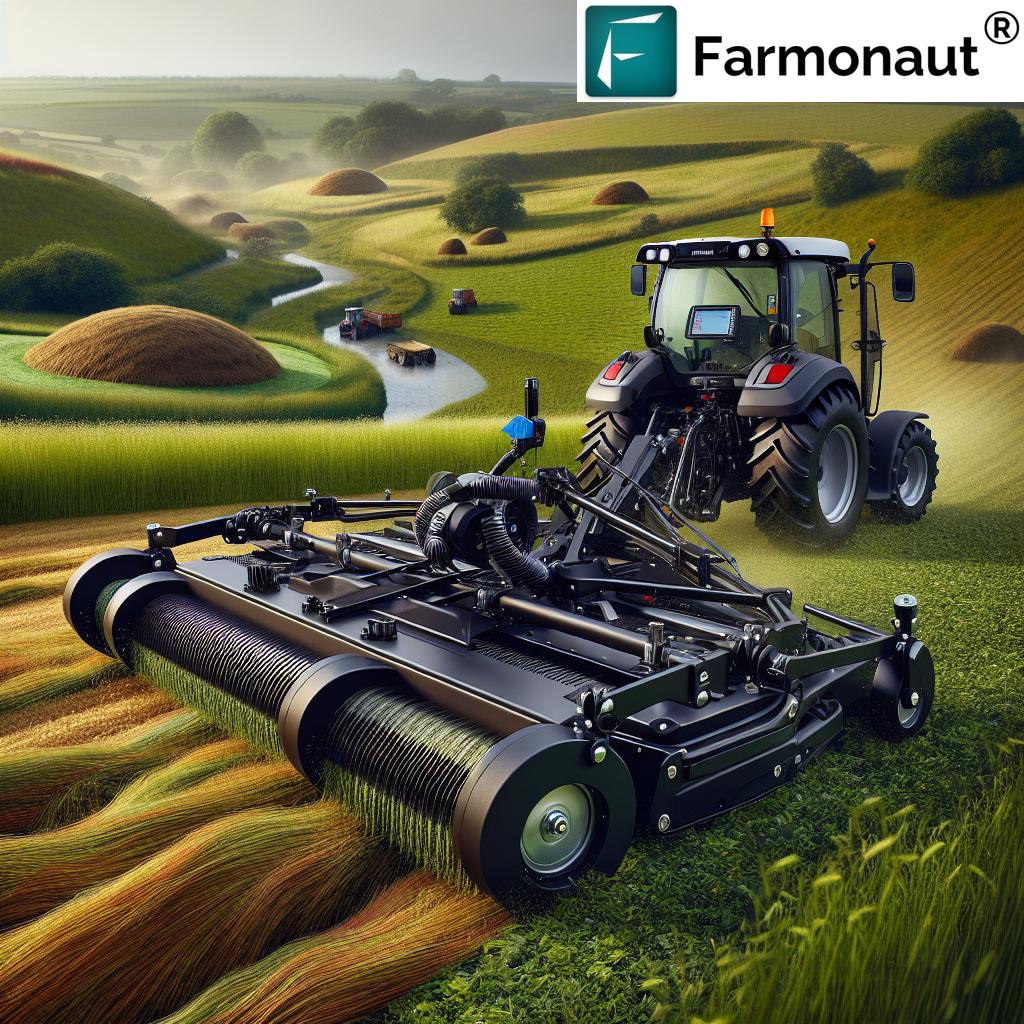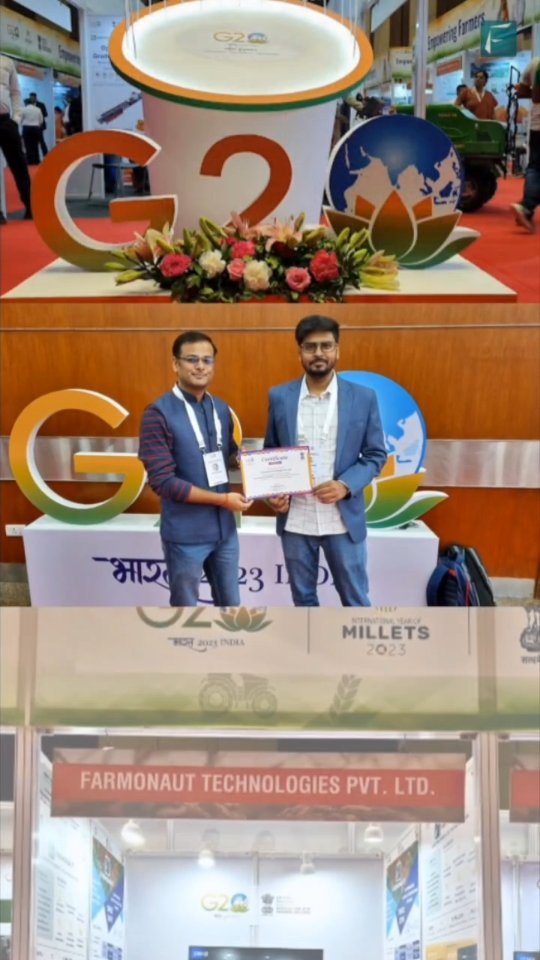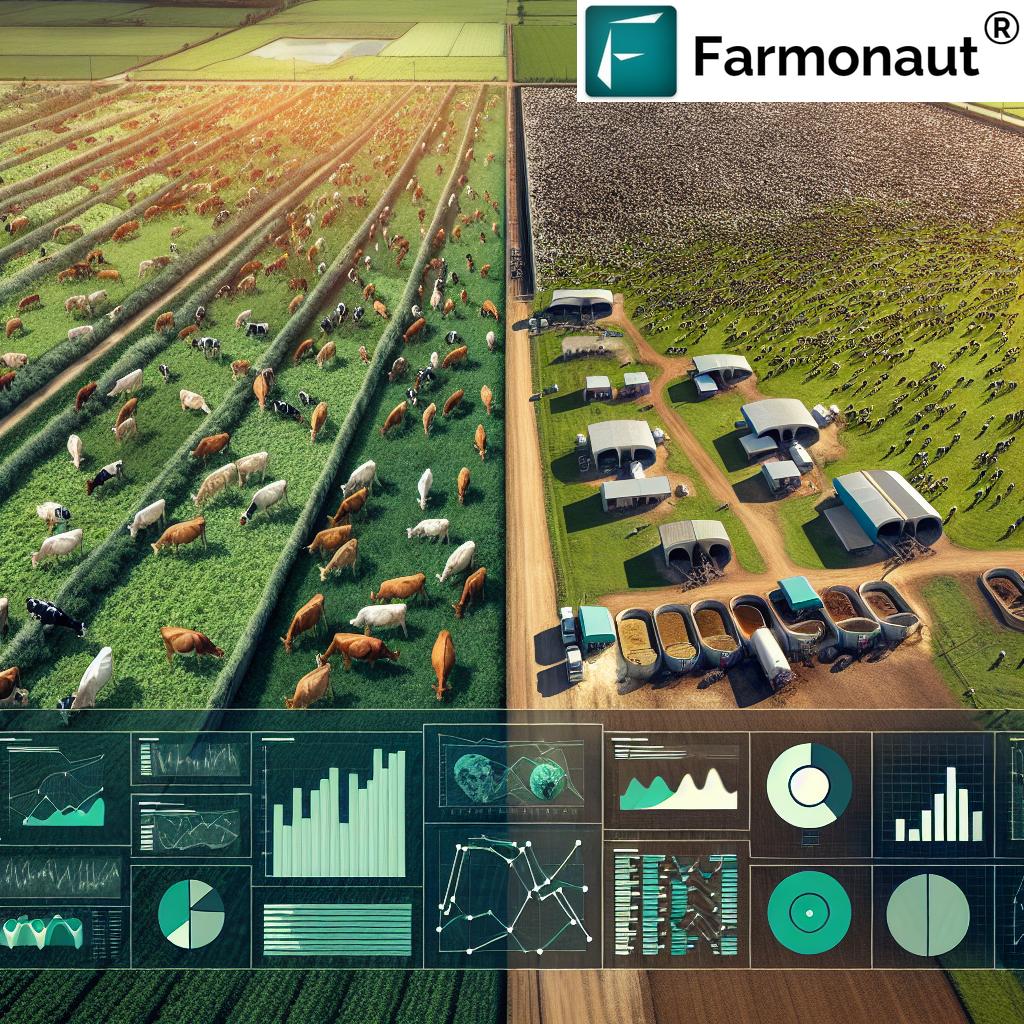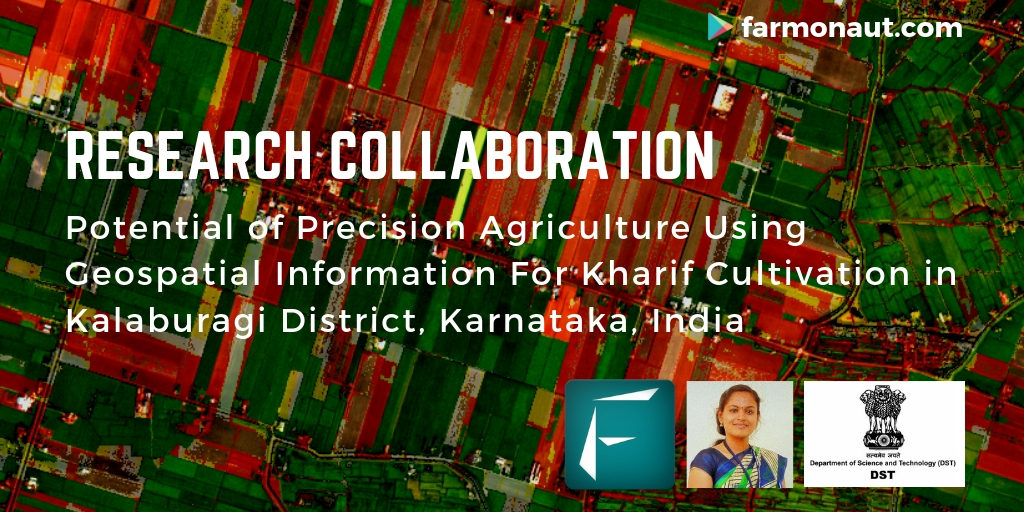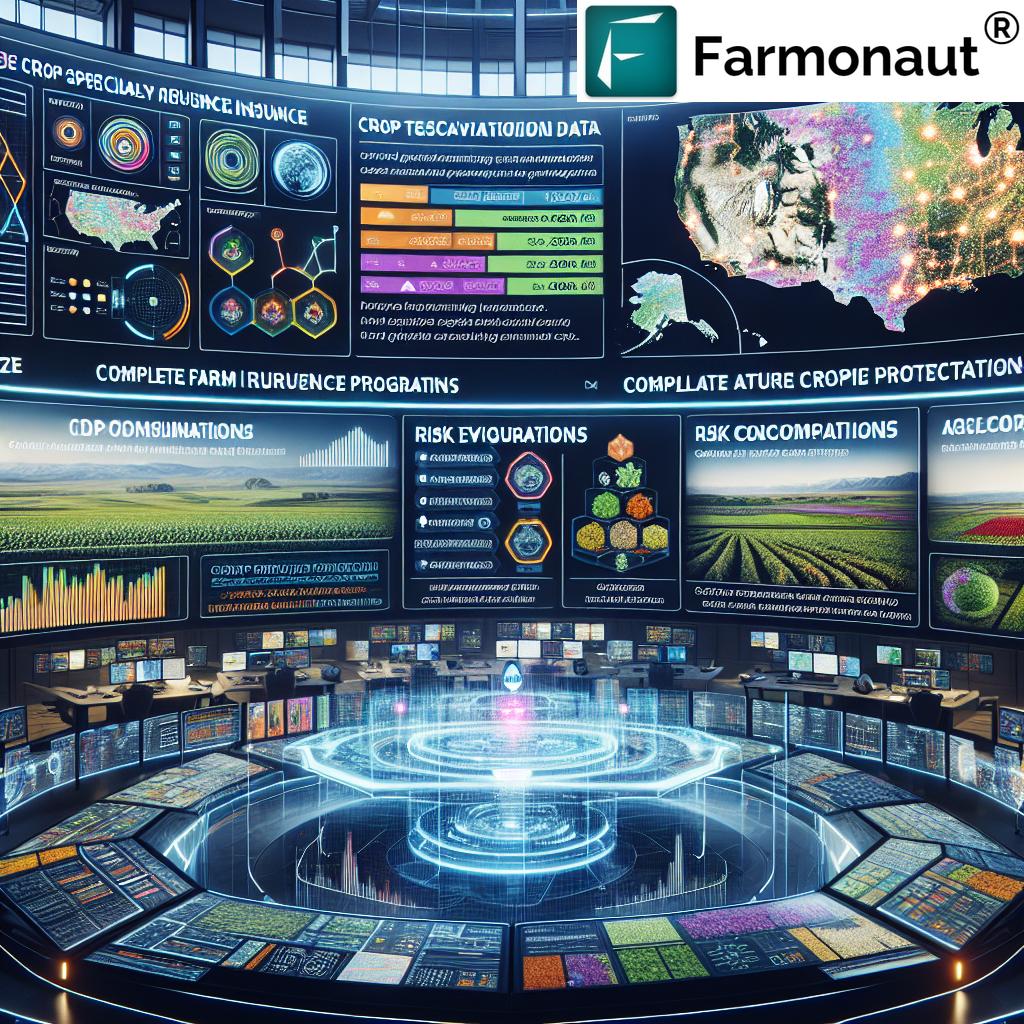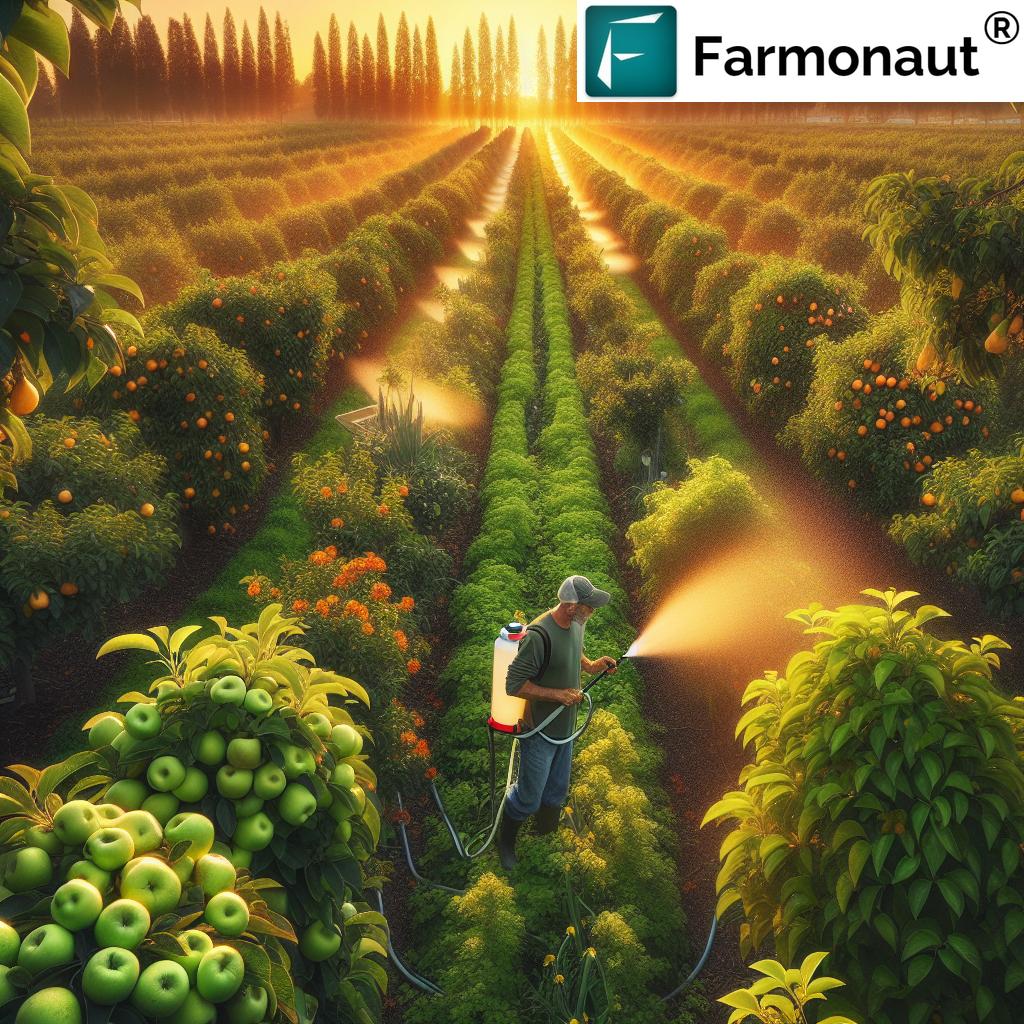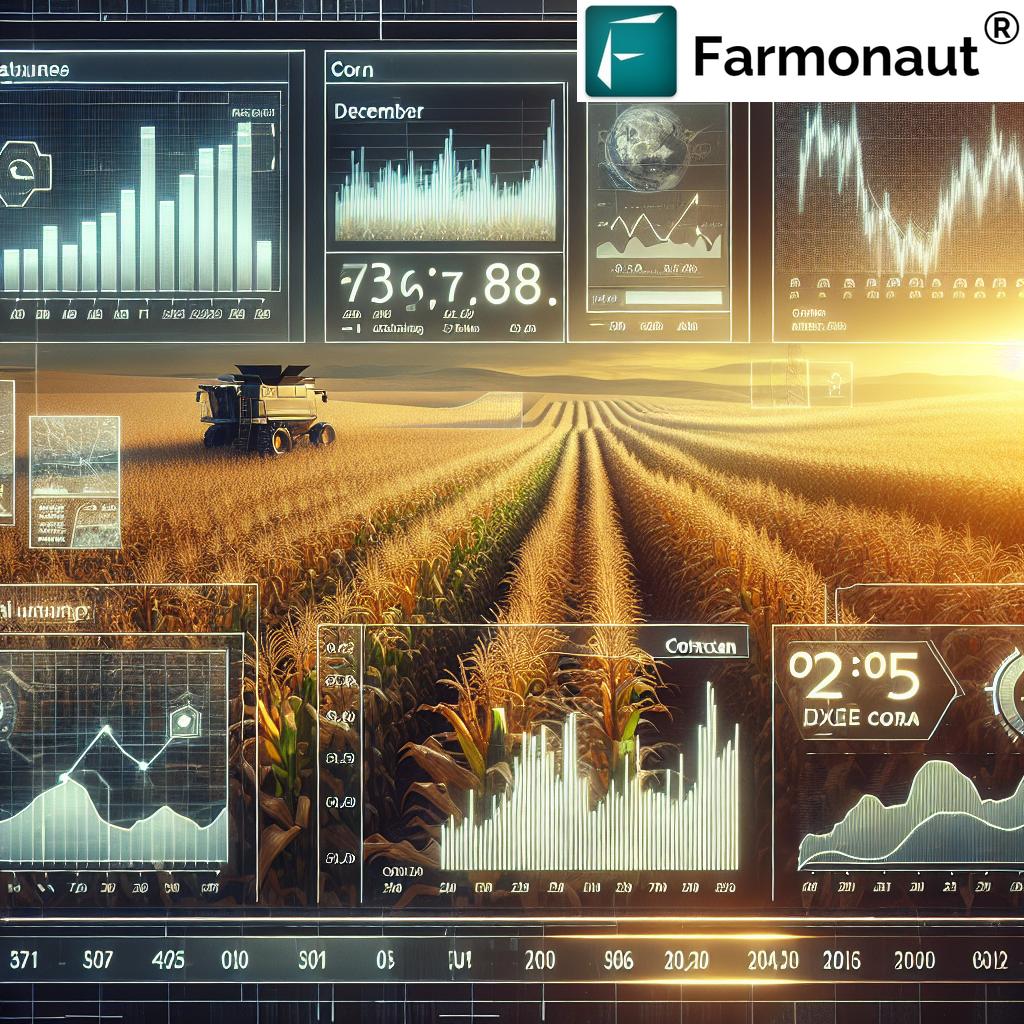Pest Control Industry Trends: 7 Shocking Tech Upgrades
Introduction
The pest control industry is experiencing an unprecedented transformation. Driven by advances in technology, evolving consumer expectations, and the mounting pressure for sustainability, pest management practices in agriculture, farming, and forestry are shifting towards smarter, more efficient, and environmentally conscious solutions. As we innovate to safeguard our food systems, forests, and health, understanding these “shocking tech upgrades” becomes crucial for anyone involved in agricultural pest control services or environmental management.
The integration of AI-driven pest monitoring, smart pest control solutions, and sustainable pest management strategies is reshaping our industry landscape. From regulatory reforms to climate change-and-pest adaptation, and from IoT deployments to biopesticide adoption, significant trends are emerging at a rapid pace.
Technological Advancements in the Pest Control Industry
Recent years have seen an explosion of technological advancements in pest control. As companies and agricultural professionals seek ways to enhance efficiency and reduce environmental impact, the adoption of smart solutions has become paramount. From real-time IoT device integration for pest detection to machine learning models that forecast outbreaks, the industry is equipping itself with next-level tools.
- IoT Devices & Sensors: Powering real-time monitoring and alerts for early pest infestation detection.
- AI and Machine Learning: Predicting pest outbreaks, optimizing response strategies, and analyzing vast agricultural datasets.
- Drones & Robotics: Enhancing surveillance over large-scale crops and forests with minimal human labor.
According to Fieldster.io, these technologies are significantly improving early pest detection and response times, reducing manual intervention and increasing overall efficiency.
7 Shocking Tech Upgrades in Pest Control
What are the seven most transformative and shocking upgrades revolutionizing the pest control industry? Let’s dive in, highlighting both the technologies themselves and their impact on sustainable pest management and the wider agricultural sector.
-
AI-Driven Pest Monitoring & Forecasting
- What’s New? Leveraging artificial intelligence and machine learning, we now analyze massive datasets (weather, crop conditions, satellite imagery) to detect infestations early and predict outbreaks.
- Benefits: Proactive decision-making, reduced crop loss, and improved resource efficiency.
- Key Use Case: Farmonaut’s Jeevn AI system is a prime example, delivering real-time, personalized farm advisory and actionable intelligence directly to farmers, increasing the efficacy of agricultural pest control services. Try the Jeevn AI Advisory System here.
-
Smart Traps & IoT-Enabled Devices
- What’s New? Traps equipped with sensors and connected to the Internet of Things (IoT) ecosystem send instant alerts to technicians for targeted, timely action.
- Benefits: Reduced unnecessary site visits, faster responses, and improved data tracking for regulatory compliance.
- Focus Keyword: smart pest control solutions
-
Drone & Robotic Surveillance
- What’s New? Drones and autonomous robots are being deployed for systematic pest surveillance and precision pesticide application in large agricultural and forestry areas.
- Benefits: Scalable coverage, reduced manual labor, and improved safety for human workers.
- Related Resource: Discover how satellite-based crop monitoring complements drone and robotic surveillance in Farmonaut’s Large-Scale Farm Management App.
-
Data-Driven Resource Management
- What’s New? Integrating satellite imagery and climate data for resource optimization: irrigation, fertilizer, and pesticide use, based on actual crop needs.
- Benefits: Reduced resource wastage, minimized environmental footprint, and increased farm productivity.
- Key Solution: Farmonaut’s Carbon Footprinting Tool helps monitor and reduce environmental impact by providing real-time carbon emission data.
-
Integrated Pest Management (IPM) Systems
- What’s New? Combining biological, cultural, mechanical, and judicious chemical controls for a holistic, long-term pest management strategy.
- Benefits: Enhanced sustainability in pest control, minimized chemical pesticide use, improved safety for workers and ecosystems.
- Essentials: For more on integrated pest management practices, read the comprehensive introduction on IPM.
-
Biological Pest Control Products & Biopesticides
- What’s New? Adoption of bio-based products—derived from living organisms or their byproducts—instead of synthetic chemicals.
- Benefits: Reduced environmental toxicity, improved public health outcomes, and compliance with stricter regulatory frameworks.
- Market Insight: The global market for biopesticides is projected to reach $8.6 billion by 2025. Learn more at Verified Market Reports.
-
Blockchain Traceability Solutions
- What’s New? Tracking every stage of a crop’s journey with blockchain-based ledgers, ensuring verifyable compliance and supply chain transparency—critical to both regulatory and consumer demands.
- Benefits: Enhanced consumer trust, reduced fraud, and streamlined product recalls if required.
- Real-World App: Get an overview of how traceability works with Farmonaut’s Blockchain Traceability Platform, designed specifically for agricultural and forestry supply chains.
Shift Towards Sustainable Pest Management
One of the most profound changes in the pest control industry is the growing adoption of sustainable pest management.
Rising consumer preferences for safe food, stricter regulatory environments, and a global effort to reduce environmental impact are all shaping how pests are managed.
- Integrated Pest Management (IPM): A balanced, eco-conscious system that minimizes chemical use by deploying multiple pest control strategies (including crop rotation, biological control, and mechanical interventions).
- Reduced Reliance on Chemicals: More companies are shifting towards biopesticides and biological pest control products, contributing to sustainable agriculture and public health.
- Transparency & Certification: Sustainability certifications are increasingly vital, with traceability systems (like those powered by blockchain) providing evidence of environmentally friendly pest control practices.
According to the latest data (Verified Market Reports), the global shift towards biopesticides and environmentally friendly solutions has already led to explosive growth in the sustainable pest management sector.
For businesses seeking certified and transparent pest management in their agriculture and forestry supply chains, Farmonaut’s blockchain traceability solution offers a secure, verifiable record of every product’s journey from farm to consumer.
Regulatory Changes and Industry Standards
Regulatory frameworks across the world are evolving in response to environmental concerns and public health interests.
Government bans on certain chemicals (such as neonicotinoids in Europe) have compelled the industry to embrace more eco-friendly and data-driven pest control solutions.
- Documentation & Standards: Stricter reporting requirements for pesticide use—enforced through digital records, IoT monitoring, and compliance audits.
- Adoption of Biopesticides: Many countries are incentivizing the use of biological pest control products and restricting chemical pesticides.
- Certification Requirements: Pest control service providers must now meet certified environmental standards, further driving innovation in smart and sustainable practices.
For companies and farmers, staying compliant now often means using platforms that offer integrated monitoring, automated documentation, and built-in traceability—all areas where Farmonaut’s technology suite excels.
Market Expansion and Growth in Pest Control
The pest control industry is rapidly expanding onto the world stage. Increasing urbanization and climate change are creating new pest challenges for emerging global markets. According to Rentokil:
- The residential pest control market is seeing significant growth as urban dwellers become more conscious of pest-related health risks.
- Agri-businesses need customizable and preventive solutions, adapting swiftly to local pest species and environmental conditions.
- Adapting pest management measures for different climates, crops, and infrastructure is essential for success in new areas.
Fleet management is also a critical aspect for large-scale agricultural pest control services. For instance, Farmonaut’s fleet management platform enables companies to optimize their vehicle and machinery use for timely, efficient pest response.
Are you a developer, agritech business, or researcher seeking advanced, on-demand data collection and analysis?
Access Farmonaut’s Satellite and Weather API: API Platform
Explore the Developer Docs: API Documentation
Emerging Pests, Climate Change, and New Challenges
We cannot discuss the future of pest control without addressing the role of climate change and emerging pest threats. “Climate change and pests” are now intertwined — with rising temperatures, shifting rainfall patterns, and changing agricultural practices all affecting pest behavior and distribution.
- Invasive Species: New and non-native pests (such as certain beetles, mites, or fungal pathogens) can devastate ecosystems and commercial crops.
- Changing Pest Patterns: Warmer temperatures and increased humidity drive outbreaks into new regions, requiring constant surveillance and flexible adaptation strategies.
- Technological Response: Advanced monitoring (satellites, IoT, AI analytics) enables us to keep ahead of emerging threats and manage outbreaks before they become disastrous.
To meet these challenges, sustainable pest management must be predictive and data-driven. Solutions such as Farmonaut’s satellite-based crop insurance verification can help assess and mitigate the risks associated with unpredictable pest outbreaks.
Crop insurance and loans, verified in real-time through satellite data, empower farmers to recover swiftly from climate-induced pest damages, while reducing fraud and improving access to crucial financing.
Innovations in Pest Control Products and Services
Even as we transition towards eco-friendly options, innovation in pest control chemicals and application methods continues to play a vital role. Researchers and industry leaders focus on developing highly effective products that target specific pests while minimizing harm to humans, beneficial insects, and the environment.
- Precision Chemical Application: Using AI and GIS mapping to deliver precise, minimal doses only where they’re needed.
- Next-Gen Biopesticides: Harnessing beneficial microbes, fungi, and other biological controls for long-term pest suppression.
- Automated Application: Robotics and drones apply treatments more efficiently and safely than manual labor.
The drive toward environmentally friendly pest control is not only a regulatory requirement but a market differentiator. Accessible from both web and mobile, solutions like Farmonaut’s platform equip users with instant insights for smarter, more responsible pest management choices.
How Farmonaut Empowers Modern Pest Management
As a leading innovator in precision agriculture, Farmonaut’s technologies stand at the intersection of AI-driven pest monitoring, smart advisory, and blockchain-based traceability. Here’s how our core solutions support sustainable, next-generation pest control industry practices:
- Satellite-Based Crop Monitoring: Rapid detection of crop stress and pest impact via multispectral satellite imagery. Supports early detection and intervention, directly reducing losses in agriculture.
- Jeevn AI Advisory System: AI-powered, real-time farm advice empowers individual farmers and agribusinesses to optimize pest control strategies according to local weather, crop, and pest conditions.
- Blockchain Traceability: Ensures supply chain transparency and builds consumer trust in certified eco-friendly pest management products.
- Fleet and Resource Management: Advanced tools for optimizing resource allocation during pest control operations, saving money and minimizing environmental impact.
- Carbon Footprinting: Enables organizations and farmers to track and reduce carbon emissions linked to pest management and other agricultural operations, further promoting sustainability.
Farmonaut’s modular subscription model (
) ensures that everyone—from smallholder farmers to large-scale co-operatives and governments—can access affordable, scalable, and cutting-edge precision pest control tools.
Pest Control Industry Trends: Comparative Feature Table
| Technology Upgrade | Description | Estimated Adoption Rate (%) | Main Benefits | Sustainability Impact |
|---|---|---|---|---|
| AI-Driven Monitoring & Forecasting | Utilizes AI/ML to predict infestations and analyze patterns | 55% | Early detection, resource efficiency, crop loss reduction | High |
| Smart Traps & IoT Devices | Sensor-equipped traps with live alerts and data collection | 48% | Reduces manual labor, improves response times | Medium-High |
| Drone & Robotic Surveillance | Aerial and autonomous field monitoring & application | 40% | Covers large areas, reduces human risk | High |
| Data-Driven Resource Management | Optimizes pesticide, fertilizer, and irrigation use | 62% | Reduces input waste, increases yields | High |
| Integrated Pest Management (IPM) | Combines biological, mechanical, and chemical control methods | 68% | Reduces chemicals, long-term prevention | High |
| Biological Pest Control Products | Biopesticides and natural organism-based controls | 45% | Low toxicity, safe for environment and health | High |
| Blockchain Traceability Solutions | Tracks pest control product journey and certification compliance | 38% | Enhances trust, supports sustainability audits | Medium |
Frequently Asked Questions (FAQ)
1. What is “smart pest control”?
Smart pest control refers to the use of advanced technologies—like IoT, AI, real-time data analytics, and satellite monitoring—to detect, monitor, and manage pest infestations more efficiently than traditional methods.
2. How do AI-driven pest monitoring systems work?
These systems use artificial intelligence to analyze large datasets (weather, crop, and pest data) and identify patterns that indicate early infestation. This enables timely interventions, reducing crop loss and input costs.
3. Are biological pest control products really effective?
Yes, modern biological pest control products—including biopesticides—have proven highly effective in managing specific pests while minimizing negative impacts on the environment and human health.
4. Can smallholder farmers afford these advanced pest control solutions?
Solutions like Farmonaut democratize access by relying on cost-effective technologies like satellite imagery and modular subscriptions, making precision pest control affordable to farms of all sizes.
5. How does climate change affect pests?
Climate change and pests are closely linked: warmer temperatures, altered rain patterns, and new growing conditions can shift the lifecycle, range, and behavior of pests, requiring adaptive and predictive management strategies.
6. How can I try Farmonaut’s tools for pest management?
Access Farmonaut’s web, Android, or iOS apps via the links above, or visit our App Portal to get started.
Conclusion
The pest control industry is at a turning point. Driven by revolutionary technological advancements, changing regulatory environments, and heightened demands for sustainability, modern pest management transcends traditional practices. Whether through AI-driven pest monitoring, smart pest control solutions, or biological pest control products, today’s farms, forests, and businesses have access to tools that are smarter, safer, and more environmentally friendly than ever before.
By adopting these seven shocking technology upgrades and leveraging innovative platforms like Farmonaut, we can collectively drive the industry forward—achieving greater efficiency, resilience, and environmental responsibility in our fight against pests.
Empower your pest control strategies today. Explore more, manage smarter, and contribute to a sustainable agricultural future — with Farmonaut at your side.







